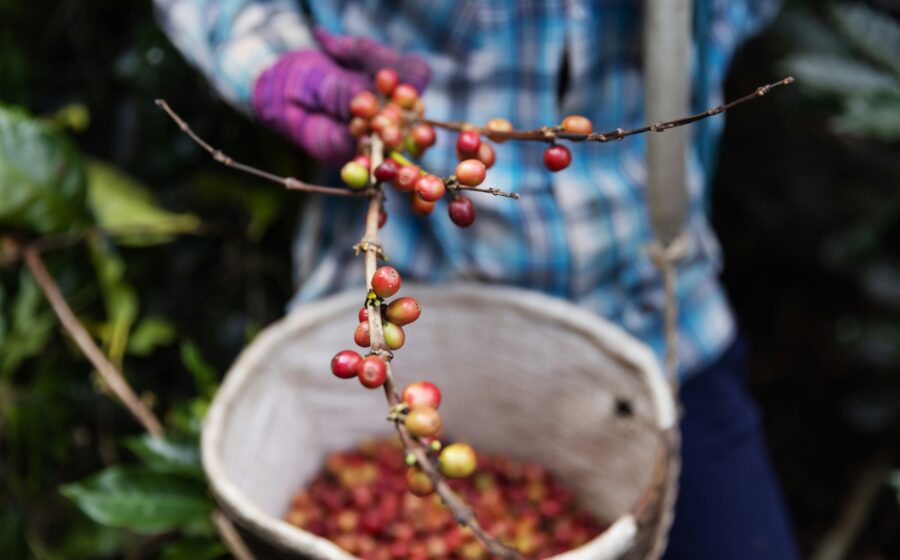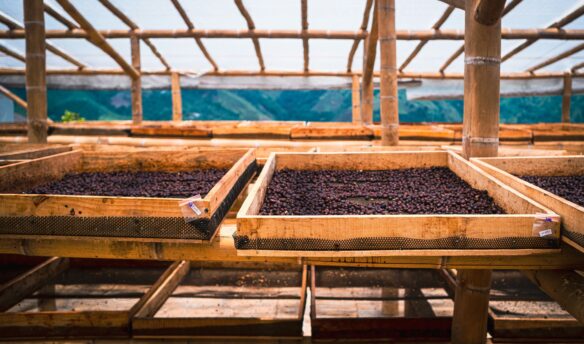✉️ This story was featured in this week’s Coffee News Club
👋 Get the Coffee News Club newsletter in your inbox weekly—sign up.
Last week, we told you about a new study from TechnoServe that found investing in regenerative agriculture can deliver multiple benefits—including increased crop yields, higher farmer incomes, and reduced carbon emissions.
In Ethiopia, a similar approach yielded positive results, Daniel Woods reports for Global Coffee Report. Over three years, the charity Farm Africa launched a program that reforested more than 5,000 acres of land, boosted household incomes by 45%, and increased coffee exports by 70%.
Farm Africa worked closely with government agencies and local Participatory Forest Management Cooperatives (PFMCs) to implement various initiatives in the Oromia region. PFMCs are organizations run by farmers that seek to proactively and sustainably manage the forests in their communities. Some of the initiatives included establishing local nurseries to help distribute seedlings for reforestation and repurposing waste products like coffee husks for vermicompost and stove briquettes.
By connecting with financial institutions, cooperatives also secured funding for processing equipment and marketing support. This resulted in more coffee reaching export quality and more than twice as much meeting specialty standards.
“The Forest Coffee project shows that protecting nature doesn’t have to mean sacrificing income,” said Mulugeta Tafesse of the Abdi Bori PFMC. “With ingenuity we can grow profitable new income streams rooted in production methods that restore and protect our ecosystems.”
















